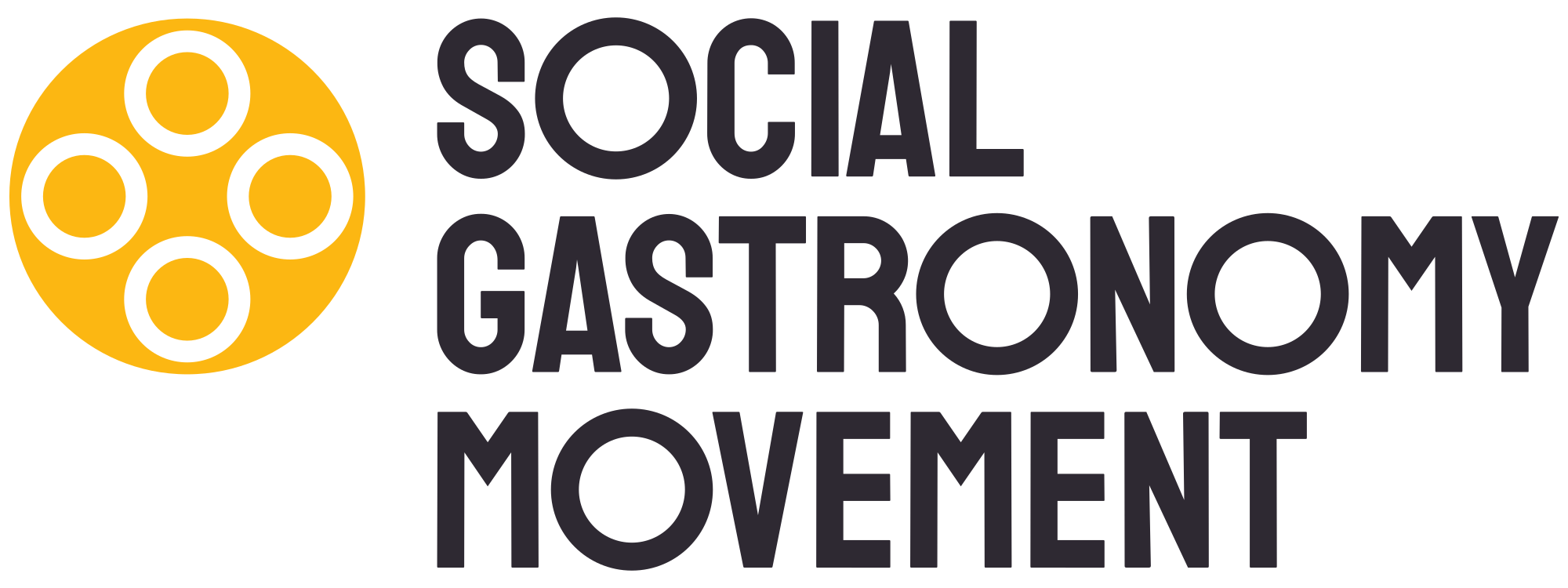The Right to Food: A Global Imperative
The latest edition of the State of Food Security and Nutrition in the World (SOFI) 2024 report paints a grim picture. It estimates that around 821 million people globally were affected by chronic hunger in 2023. While this figure represents a slight decrease from the previous year, it is essential to note that it follows a significant increase during the COVID-19 pandemic. It is crucial to bear in mind that the vast majority of these individuals suffering from hunger are people of color, even among those residing in the Global North.
Despite the staggering number of people affected by hunger, the plight of these 821 million individuals rarely makes the news. The food systems and supply chains we have developed fail to provide them with adequate nutrition, and media outlets do not amplify their voices. As a result, their stories and suffering often go unnoticed.
In 2022, a Global Citizen Advocacy campaign staged a powerful action. During a Global Food Security Summit held on the sidelines of the UN General Assembly, the campaign filled the lawn in front of the United Nations headquarters with a thousand empty plates. While the plates were devoid of food, they contained written messages from the hungry of the world.
One message shared by Aenie from Ghana states, “I know what it feels like to be hungry, and I do not think anyone deserves to feel that, ever.”
At the Summit, roadmaps were agreed upon and promises made, but two years later, we see little genuine progress or meaningful action. Unfortunately, most governments continue business as usual, expanding markets and exploiting resources for corporate profits while merely engaging in rhetoric about tackling climate change and poverty—two leading factors of food insecurity on our planet. We live in a time when food insecurity is even intentionally created. Governments impose sanctions on entire populations to further strategic and economic interests, weaponizing food against communities and using starvation as a tool for genocide.
It's vital to remind ourselves that food is a human right, enshrined in the Universal Declaration of Human Rights. Every person on our planet deserves access to safe, nutritious, and sufficient food to meet their dietary needs. The Right to Food is fundamental and inseparable from the Right to Health and the Right to Life. It also aligns with the UDHR’s assertion that all people, regardless of their skin color, are free and equal.
Although we find ourselves in a historical moment where International Law and the UN Charter are at a breaking point, it is more crucial than ever to stress the notion of “rights” as a moral imperative. The Universal Declaration of Human Rights, a significant step forward in our moral evolution, should serve as a reference point to which we return repeatedly.
Grassroots Engagement and International Solidarity as Sources of Hope
However, the picture is not entirely grim; beneath the surface lies an incredible amount of human endeavor and energy aimed at confronting the global food crisis. I frequently meet individuals who engage with immense passion, creativity, and commitment. They establish programs and initiatives for food assistance and cash transfers, providing a vital safety net for vulnerable populations. They work on reducing food waste and promoting healthy, sustainable food choices to conserve resources and improve access to nutritious food. Additionally, they focus on building resilient food systems and supporting small-scale farmers with resources and training for sustainable agricultural practices.
Countless organizations, individuals, and groups engage around the world. International networks exist where civil society actors collaborate and support each other across borders, demonstrating that expressions of International solidarity are alive and well.
No matter how dark the overall picture may seem at first glance, those who seek hope will find an abundance of inspiration and engagement at the grassroots level. These examples of social engagement worldwide not only demonstrate that another ethos is possible, but that it already exists. This ethos is not based on greed and profit above all but on the belief in intrinsic rights that belong to everyone in our human family. In the words of the UN High Commissioner for Human Rights Volker Türk, “Human rights is a force to reckon with, not because it serves the interests of the powerful, but because it has captured the imagination of the powerless.”

